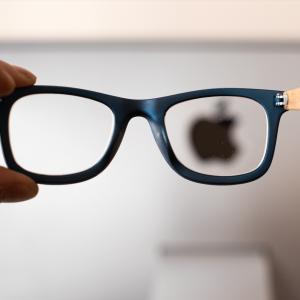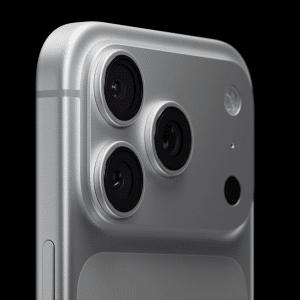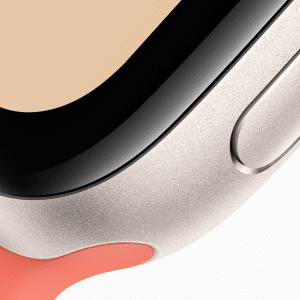Regulators AI therapy apps concerns are growing as artificial intelligence tools aimed at mental health support expand faster than governments can provide oversight. From chat-based counseling services to AI-driven cognitive behavioral therapy modules, a wave of startups is promising accessible and affordable mental health care. But behind the innovation lies a regulatory gap: how should these apps be classified, monitored, and held accountable?
The appeal is easy to understand. Millions of people face long wait times for licensed therapists, rising healthcare costs, and uneven access to mental health services. AI therapy apps offer instant, low-cost conversations that simulate support. Yet, as adoption accelerates, regulators in the United States, Europe, and beyond are warning that standards for safety, privacy, and effectiveness have not kept pace.
The Scale of AI Therapy Apps
Hundreds of AI-driven mental health tools are now available in app stores, with downloads in the tens of millions. Some position themselves as wellness companions, offering mindfulness and journaling suggestions. Others go further, branding themselves as therapy apps that provide structured programs based on established psychological practices.
The problem, regulators note, is that most of these apps are not recognized as medical devices. In the U.S., the Food and Drug Administration (FDA) only reviews digital health products that claim to diagnose or treat medical conditions. Apps that stop short of those claims often bypass regulatory scrutiny entirely. The European Union faces a similar dilemma, as its new AI Act seeks to set risk-based categories but has not yet been fully implemented.
Privacy and Data Concerns
Beyond questions of medical efficacy, regulators are increasingly concerned about privacy. AI therapy apps rely on sensitive data: conversations about trauma, anxiety, depression, or suicidal thoughts. Unlike traditional healthcare providers, most app makers are not bound by the same strict privacy rules such as HIPAA in the United States.
Investigations by digital rights groups have shown that some mental health apps share user data with third-party advertisers or analytics firms. Even anonymized data carries risks if combined with other datasets. Regulators acknowledge that once private therapy sessions are turned into digital transcripts stored on servers, the stakes for potential misuse or breaches rise dramatically.

Safety and Effectiveness
Another challenge is verifying whether AI therapy apps are safe and effective. Clinical validation is limited, and few peer-reviewed studies have tested these tools at scale. While some users report feeling supported, experts caution that AI lacks the nuance of licensed professionals, particularly in crisis situations.
Cases have emerged where AI chatbots failed to respond appropriately to self-harm disclosures or provided advice inconsistent with best practices in mental health care. Regulators warn that without standards for response quality and escalation protocols, users may be put at risk.
Regulatory Efforts and Gaps
In the U.S., the FDA has issued guidance on digital health technologies but admits that many AI therapy apps fall outside its scope. Some lawmakers have called for new frameworks that specifically address mental health AI, blending medical device rules with consumer protection standards.
The European Union’s AI Act, expected to take effect in stages over the next two years, categorizes AI systems based on risk. High-risk applications will face stricter requirements for transparency, data governance, and human oversight. It remains unclear whether therapy apps will fall into this category or be treated as lower-risk wellness tools.
Globally, regulators are also watching how companies market these apps. Claims that resemble medical treatment are likely to invite scrutiny, while vaguer wellness branding often lets apps operate without oversight. Critics argue that this loophole incentivizes companies to blur definitions rather than seek clinical validation.
Balancing Innovation and Responsibility
Supporters of AI therapy apps argue that innovation should not be stifled. For many people, these apps provide meaningful support when traditional care is unavailable. They can serve as a supplement to therapy, a bridge during wait times, or an introduction to mental health resources.
Regulators, however, stress that accessibility should not come at the cost of safety. Calls are growing for minimum standards: clear disclaimers, stronger privacy protections, and transparent reporting of clinical trials. Some experts suggest a certification system, where apps that meet evidence-based criteria could be endorsed as safe options, while others remain labeled as experimental.
The Road Ahead
For now, AI therapy apps exist in a gray area. They are marketed as tools for mental well-being but operate without the same accountability as licensed healthcare providers. As usage grows, so will the pressure on regulators to catch up.
What remains clear is that the mental health crisis has created a vacuum that technology is rushing to fill. The question for policymakers is not whether AI therapy apps will be part of the landscape, but how to ensure they are safe, private, and effective once they are here to stay.








